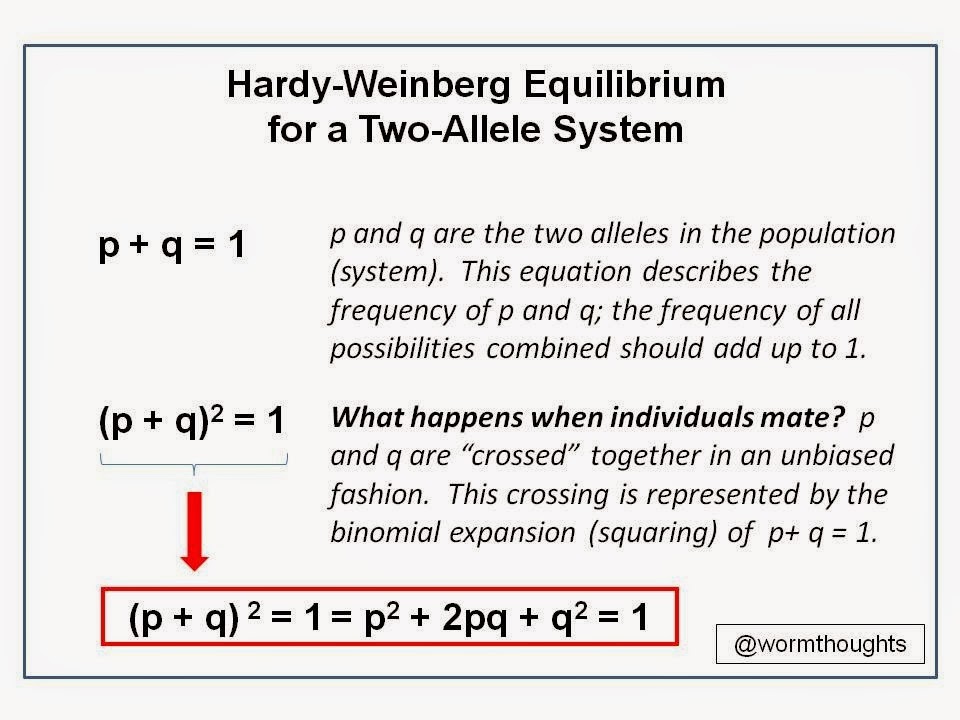sealchan
Well-Known Member
In fact, quite a lot of science depends on randomness.
The kinetic theory of matter (basically how the behaviour of matter can be interpreted as due to molecules in random motion) relies on it. I think the point, though, is that it is never just randomness. That would indeed be chaos. However the molecules obey certain physical laws and it is this that results in predictable thermodynamic properties of bulk matter, arising from random behaviour.
The same goes for evolution by mutation. People sometimes get all hung up on the "randomness" bit, because it seems so counterintuitive, but don't perhaps pay enough attention to the natural selection bit. All the randomness does is allow for change. For that change to be beneficial to the descendants of the organism - and thus get handed down, it is the natural selection that does the heavy lifting.
I'd be careful about saying that anything relies on randomness. It is, perhaps, a matter of our human convenience that we describe a very complex, even incalculable physical system as random as a convenience since it works in many cases.
But we know that there are non-linear systems and we know that there are complex adaptive systems and these may make fundamental "use" of the order hidden by the intellectual laziness (an overstatement to be sure) of calling some process random.
I suspect that much of what we call random is going to be seen in the future as a sort of dismissal of a layer of order we are gradually developing the tools for grappling with.



